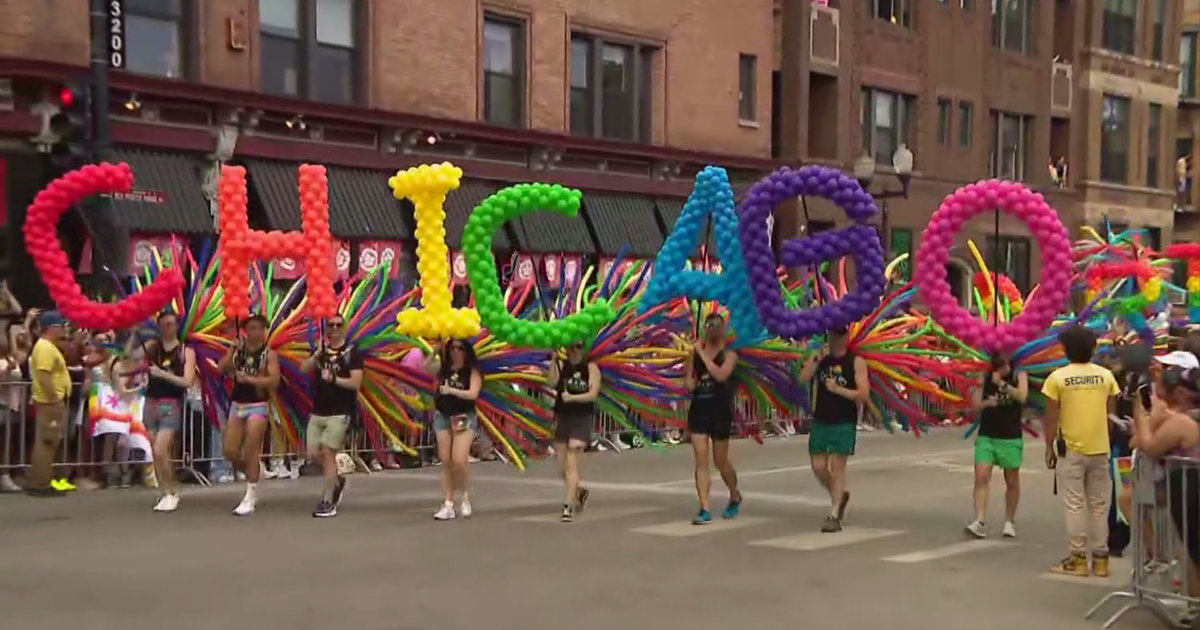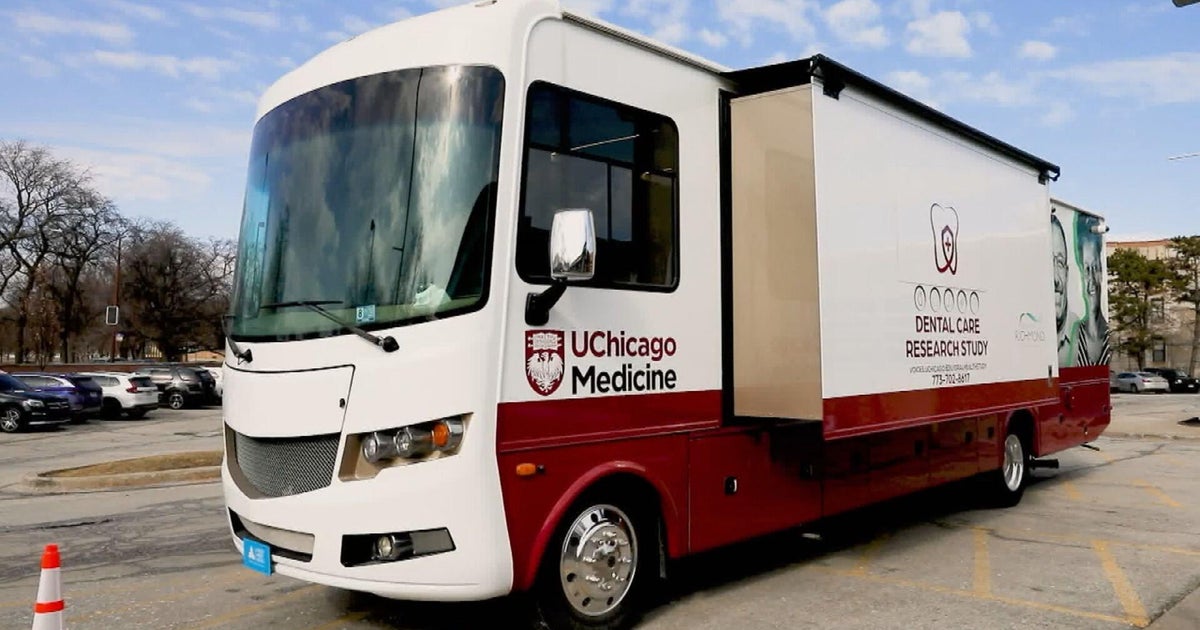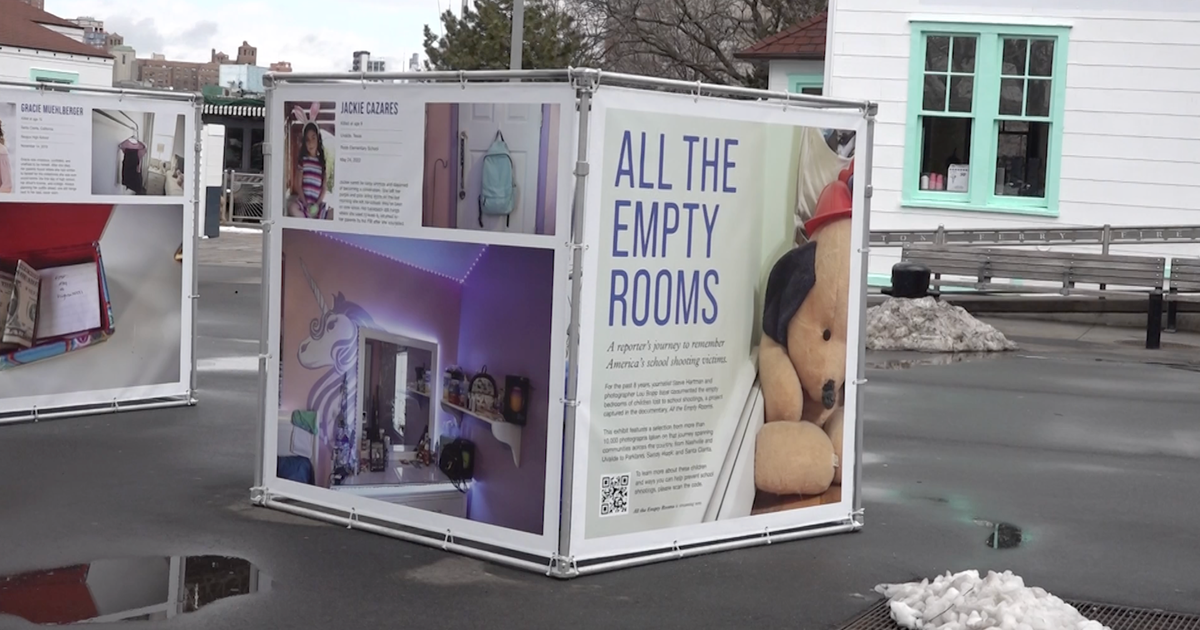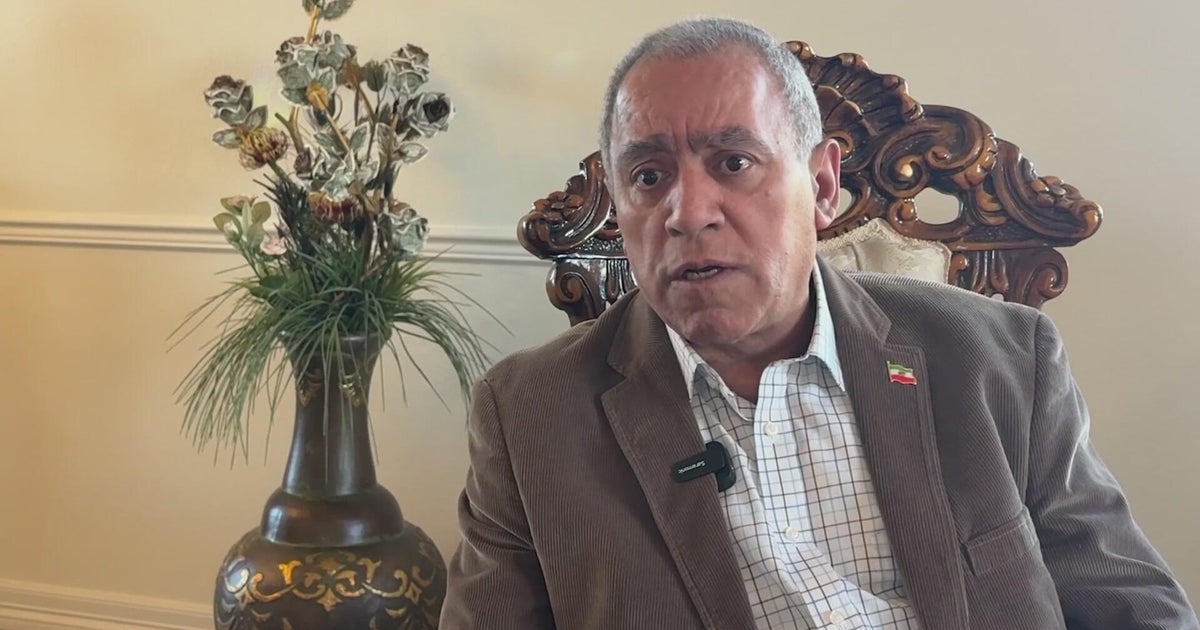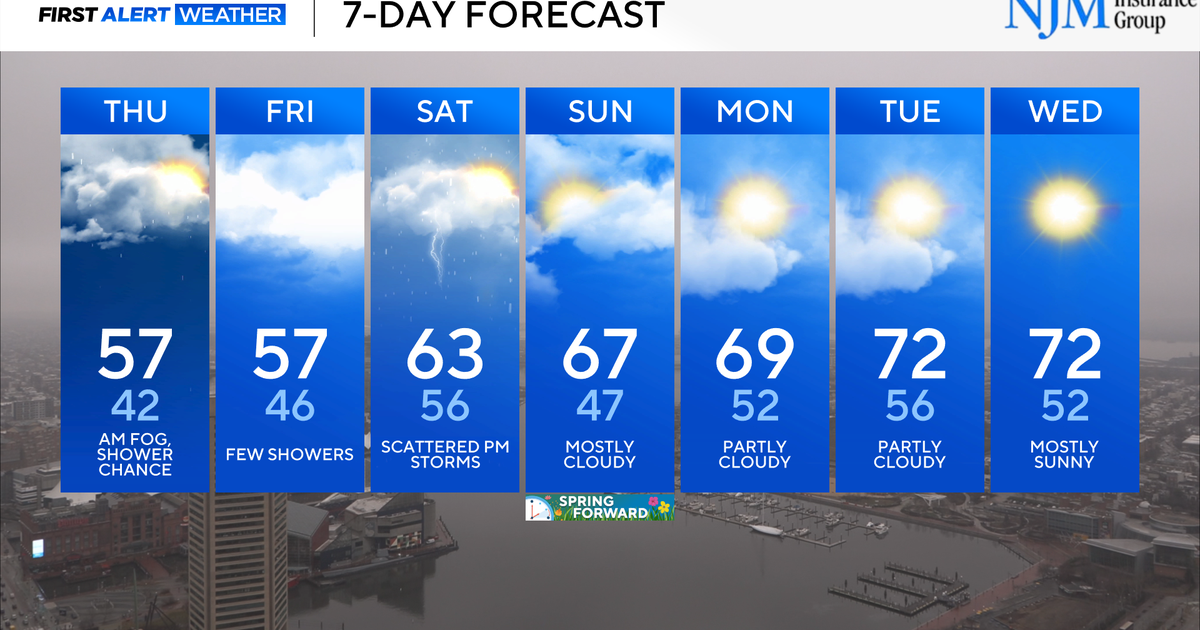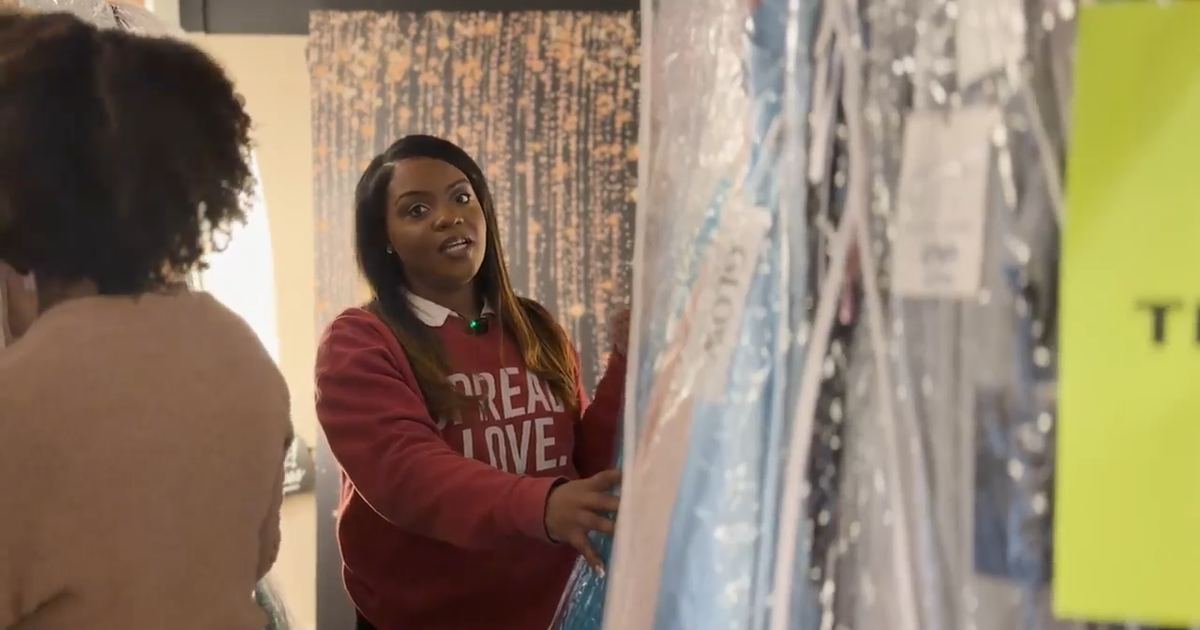Chicago woman running the Free Store helping migrants risks deportation
CHICAGO (CBS) — A beloved community member who has dedicated the past two years to helping asylum seekers settle in Chicago is at risk of being deported herself.
Luisette Kraal operates the Free Store in Uptown, which started in a cold, damp basement. Now, the Park Community Church rents out space for the store.
"It grew so big ... now every one of these people here is paying it forward, you remember," Kraal said. "We thought the people would stop coming."
People in need kept coming. Kraal said they see around 300 people weekly for free shoes and clothing.
"All of our stuff is free. All our workers work for free. I work for free," Kraal said.
Now, the woman responsible for holding the operation together is facing deportation.
"We become illegal like the people we serve," Kraal said.
Kraal, who was staying in the United States with her husband on a religious visa, said she requested a green card about two years into her stay. At the time, it was recommended for a five-year religious visa. She was supposed to get her green card in time to stay in the U.S. and finish her mission.
"Our visa runs out before the green card kicks in," Kraal said.
Her attorney explained that back in 2023, the State Department announced that for years, it had been putting thousands of applicants, neglected or abused minors from Guatemala, Honduras, and El Salvador, in the wrong line for their green cards.
In response, they added all those people to the queue with clergy.
"Our waiting time, it made it ten years," Kraal said.
Despite everything she's going through, the sorting, the shopping, and the hard work continue.
"Either paperwork comes through, I stay and do more of this, or it's time to leave. I will pack and say goodbye," said Kraal, who has submitted another visa application but will leave if that paperwork is denied.
CBS Chicago contacted the State Department to see if there is any recourse for applicants in Kraal's situation and if they could explain why they chose to combine those two groups of green card applicants.
A State Department spokesperson provided the following statement:
Under the Immigration and Nationality Act, the Employment-Based Fourth Preference category, or EB-4, includes a wide variety of special immigrants such as religious workers and ministers, special immigrant juveniles, employees with the U.S. government abroad, and international organization retirees, among others. Despite covering such a diverse group of people, the EB-4 category receives just 7.1% of the annual limit for employment-based immigrant visas under the law, or approximately 10,000 visas per year.
Prior to December 2022, nationals of only a few countries had to wait for EB-4 visas, which has annual numerical limits mandated by Congress. Demand exceeding the supply of available visas forced the Department to meter EB-4 visas worldwide to keep total issuance within statutory annual numerical limits.
In April 2023, a legal change to the Visa Bulletin which was explained in a Federal Register notice, was required to consistently apply visa allocation provisions in the Immigration and Nationality Act (INA) to all countries. North Central American (NCA) countries (El Salvador, Guatemala, and Honduras), which have significant EB-4 demand had been treated separately from other countries in the Visa Bulletin since 2016, despite not exceeding seven percent of the worldwide total across all family-sponsored and employment-based preference categories.
The April 2023 change resulted in combining EB-4 demand from the NCA countries with demand from countries in the "All Chargeability Areas Except Those Listed" column to bring our treatment of the NCA countries into compliance with certain provisions of the INA. This led to significantly longer worldwide waits for EB-4 visas for applicants from most countries while wait times for applicants from the NCA countries slightly decreased.
We recognize the importance of religious ministers and workers as well as their U.S. employers who lead faith-based institutions. This recent change may impact some religious ministers and workers already present in the United States in R nonimmigrant status if they seek to remain in the United States. Such nonimmigrant religious ministers and workers may be able to utilize other existing pathways to lawfully remain in the United States while they wait for an available EB-4 visa. We defer to USCIS on potential pathways available to religious workers while they are in the U.S.
For further statistics regarding the number of R nonimmigrant visa applicants in the United States impacted by the change reflected in the April 2023 Visa Bulletin, we refer you to U.S. Citizenship and Immigration Services.
